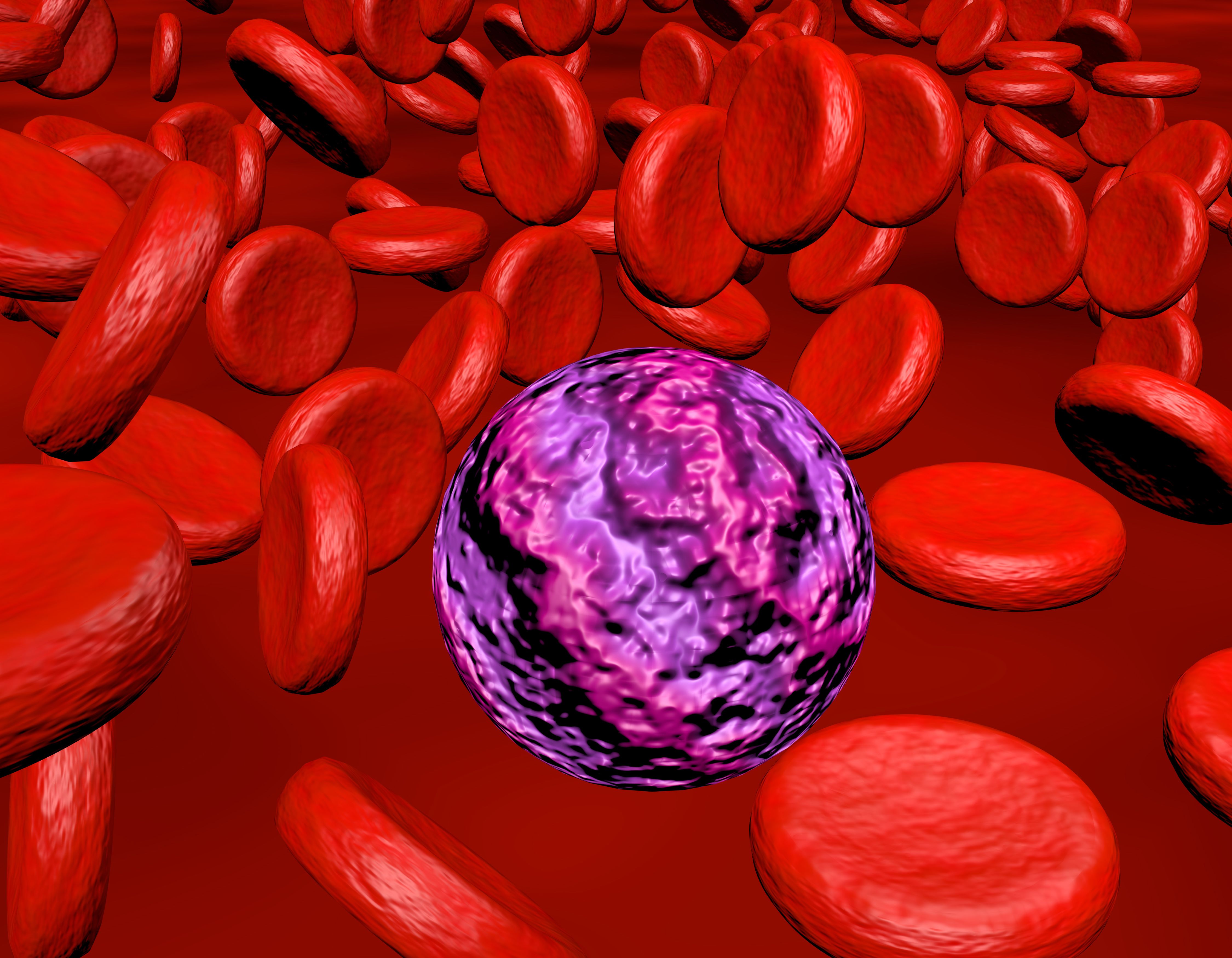Bexmarilimab Receives FDA Orphan Drug Designation for AML
Results from the phase 1/2 BEXMAB study assessing bexmarilimab show promising activity in patients with acute myeloid leukemia.
Results from the phase 1/2 BEXMAB study assessing bexmarilimab show promising activity in patients with acute myeloid leukemia.

The FDA had granted orphan drug designation to bexmarilimab for the treatment of patients with acute myeloid leukemia (AML), according to a press release from Faron Pharmaceuticals.1
The agent plus standard of care (SOC) therapy is currently being assessed in a population of patients with AML or myelodysplastic syndromes (MDS) in the phase 1/2 BEXMAB trial (NCT05428969). A readout of positive results from phase 1 of the study indicated that 3 of 5 patients receiving 6 mg/kg of bexmarilimab plus azacitidine doublet had an objective response.2 Eight of 15 patients had an objective response across all 3 of the trial’s cohorts.
In Q4 2023, the completion of the dose escalation portion of the study and readout from the cohorts of the phase 2 are expected.
“Receiving orphan drug designation from the FDA signifies our continued progress and commitment to develop bexmarilimab as a potential treatment for AML,” Marie-Louise Fjällskog, MD, PhD, chief medical officer at Faron Pharmaceuticals, said in the press release. “The designation represents a milestone in our development journey, one that we believe when combined with standard of care, will lead to better patient outcomes and improved quality of life.”
Bexmarilimab is an investigational immunotherapy agent that may overcome the resistance to other therapeutics and improve outcomes in the aforementioned patient populations. This treatment targets the myeloid cell function and ignites the immune system. Additionally, it binds to the Clever-1 suppressor which often leads to tumor growth and metastases.
The non-randomized, open label trial aimed to assess the safety, efficacy, and tolerability of the treatment in combination with azacitidine or azacitidine/venetoclax (Venclexta).
The 3 study cohorts included combination therapy at 1 mg/kg, 3 mg/kg, or 6 mg/kg.
Additional data from the phase 1 readout highlighted that 1 patient in the 6 mg/kg cohort who also had a response also achieved complete blood count recovery. Of the 8 patients across all 3 cohorts, 4 did not respond to the SOC hypomethylating agents (HMAs).
“We are extremely encouraged by the continued efficacy signals of bexmarilimab and the long duration of the responses seen so far,” principal investigator Mika Kontro, MD, associate professor at Helsinki University Hospital Comprehensive Cancer Center, said in a press release on the updated BEXMAB study findings.2 “Our goal is to offer a unique hope for patients with no other treatment options in this late stage of AML and MDS.”
The primary end points of the trial are the incidence and frequency of dose-limiting toxicities, frequency, and severity-based adverse effects (AEs), complete response rates, and overall response rates. Secondary end points included frequency and severity of AEs and clinical efficacy measures.
Patients were included in the trial if they were over 18 years, had morphologically confirmed MDS and relapsed/refractory AML following at least 1 prior therapy. Patients were also enrolled in the trial if they had a leukocyte count of less than 20x109/L, adequate renal function, and adequate liver function.
Patients were excluded from the trial if they had acute promyelocytic leukemia or myeloproliferative chronic myelomonocytic leukemia with a leukocyte count of more than 13x109/L, an ECOG performance status of more than 2, and allogeneic transplantation less than 6 months prior to screening. Additional exclusion criteria included having an active auto-immune disorder, needing systemic corticosteroids, or receiving intravenous anticancer chemotherapy less than 21 days prior to the study.
References
- Faron receives FDA orphan drug designation for bexmarilimab in acute myeloid leukemia. News release. Faron Pharmaceuticals. August 29, 2023. Accessed August 30, 2023. https://rb.gy/n764u
- Faron updates positive clinical data from phase I/II BEXMAB study of Bexmarilimab in relapsed/refractory AML and MDS BEXMAB study update. News release. Faron Pharmaceuticals. July 19, 2023. Accessed August 30, 2023. https://shorturl.at/hsCE3